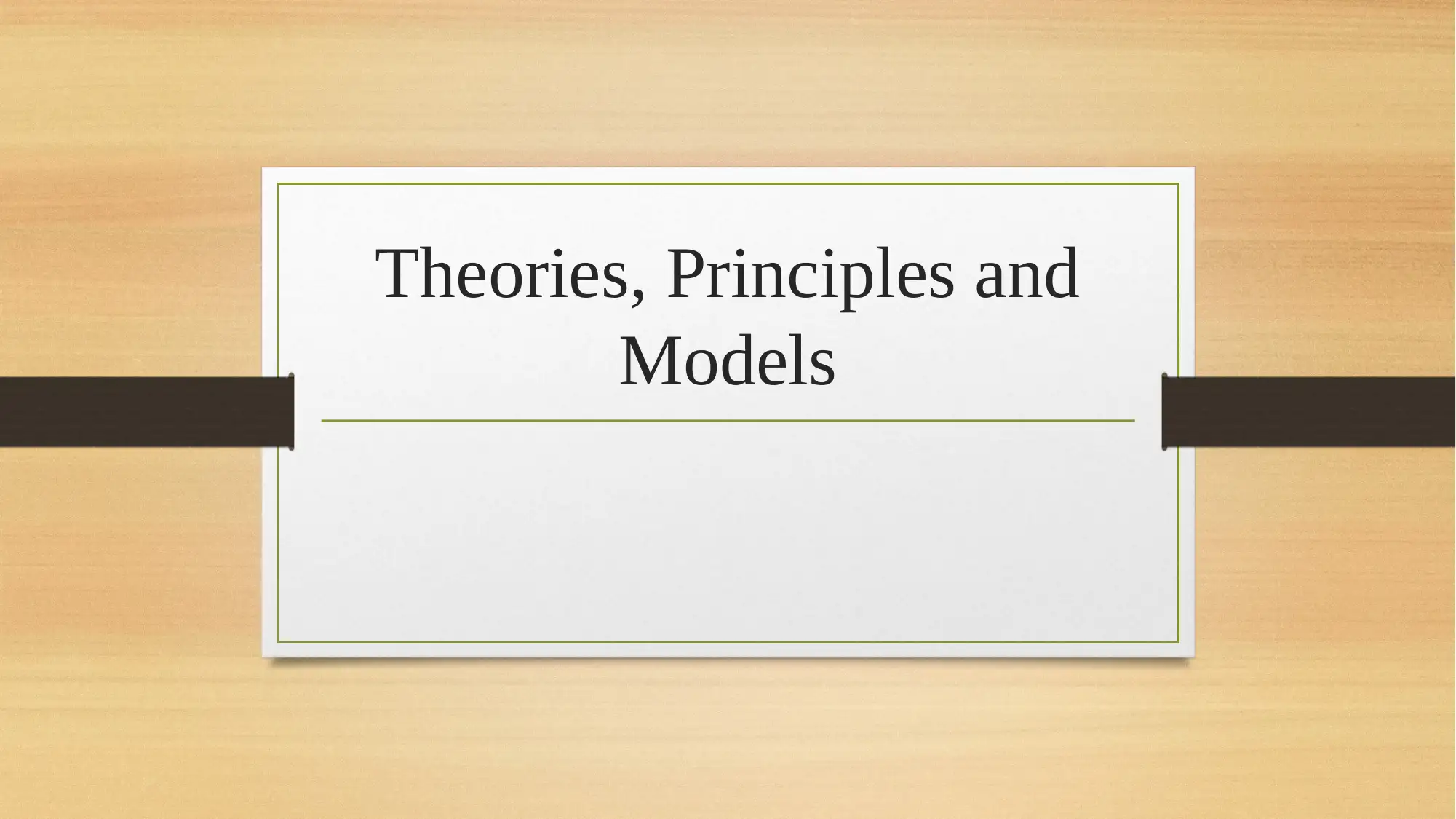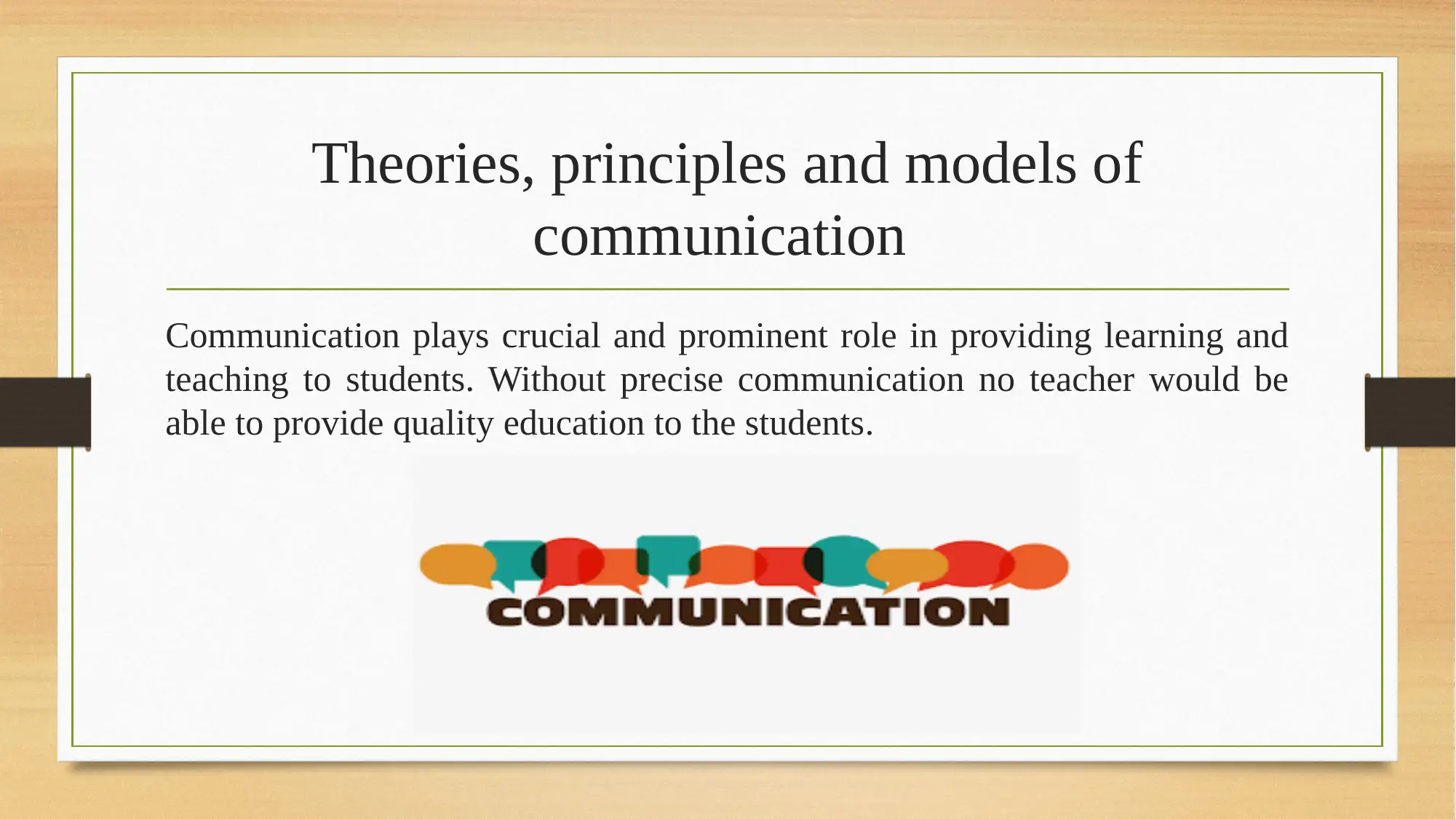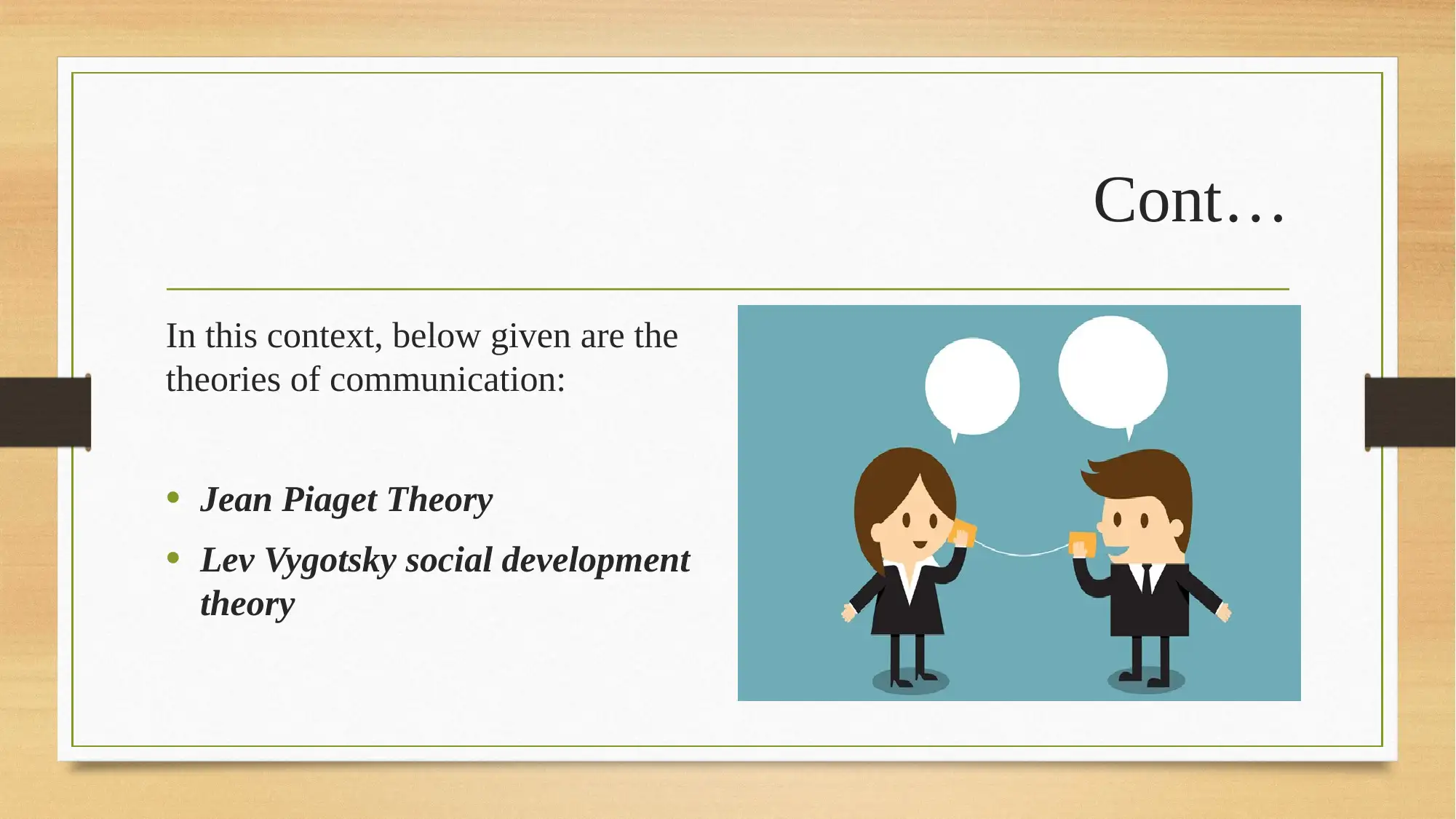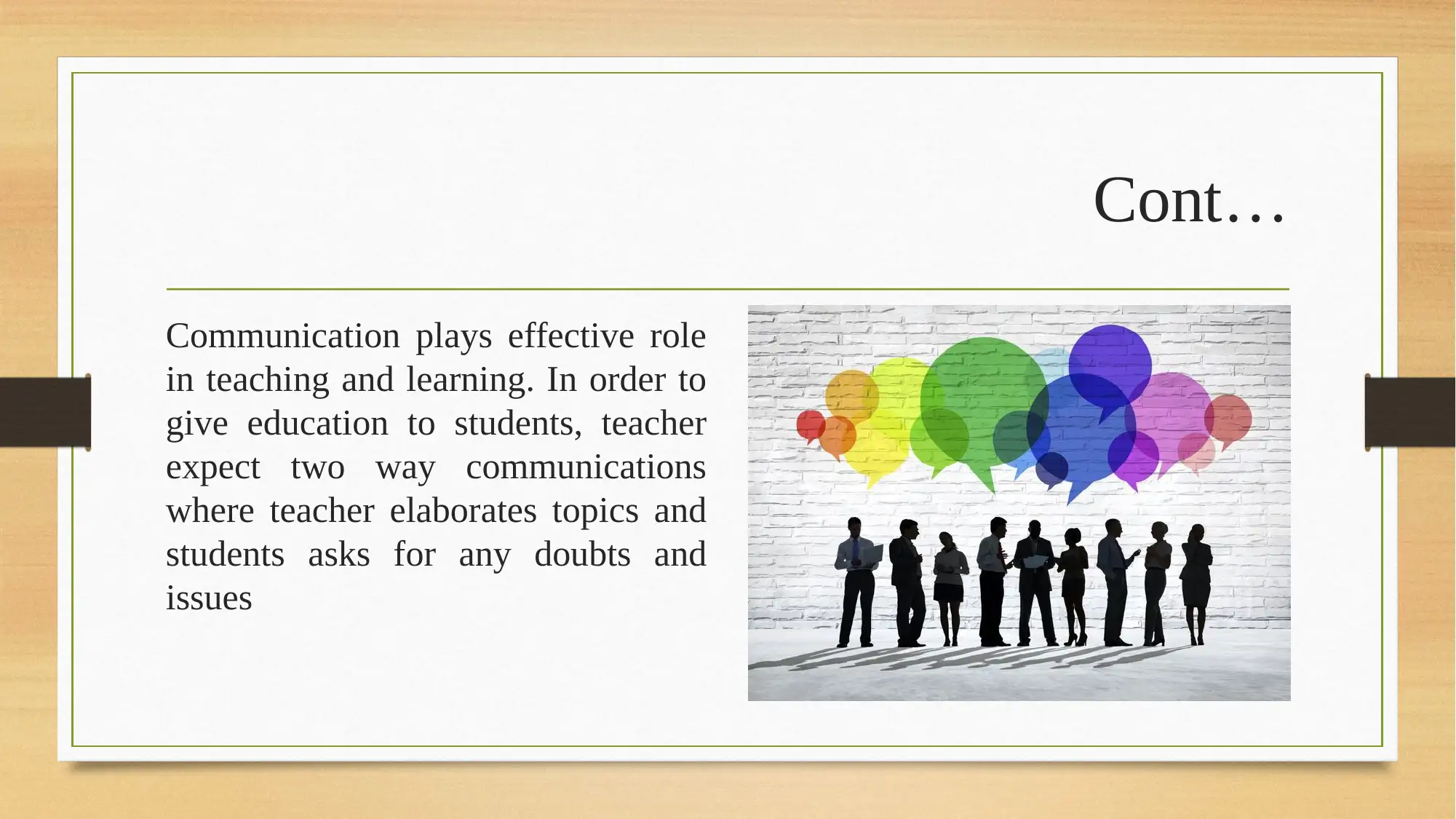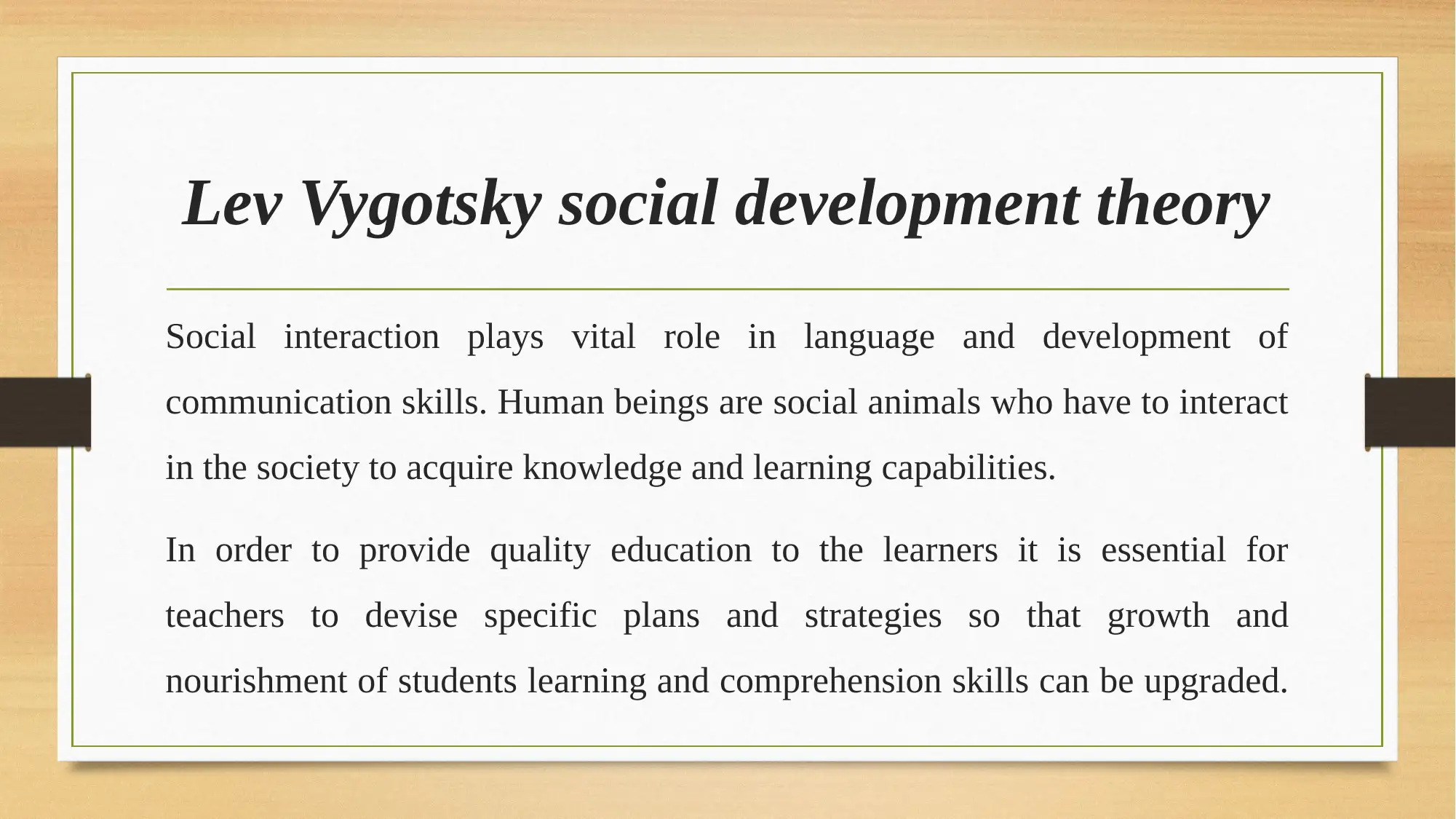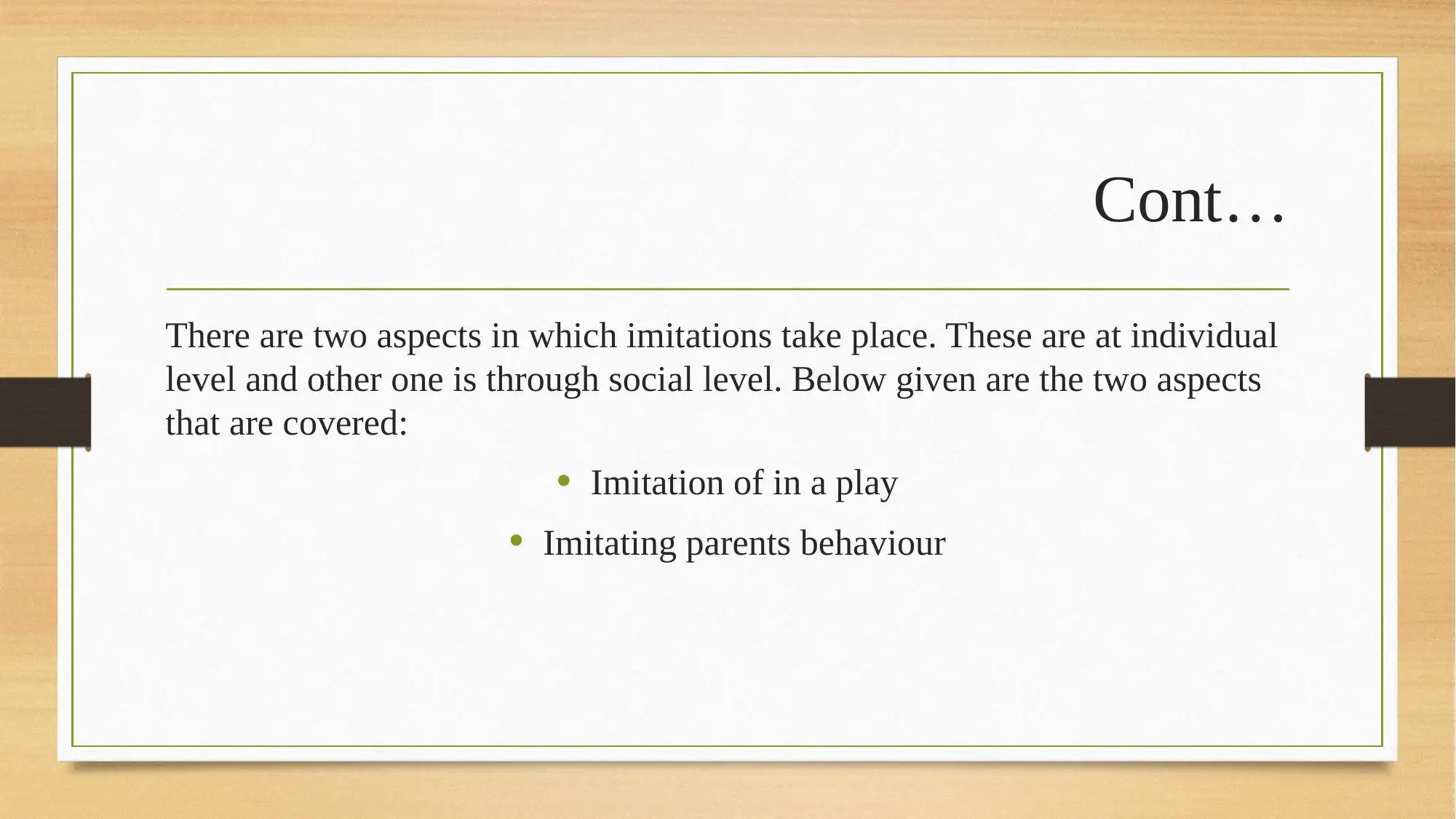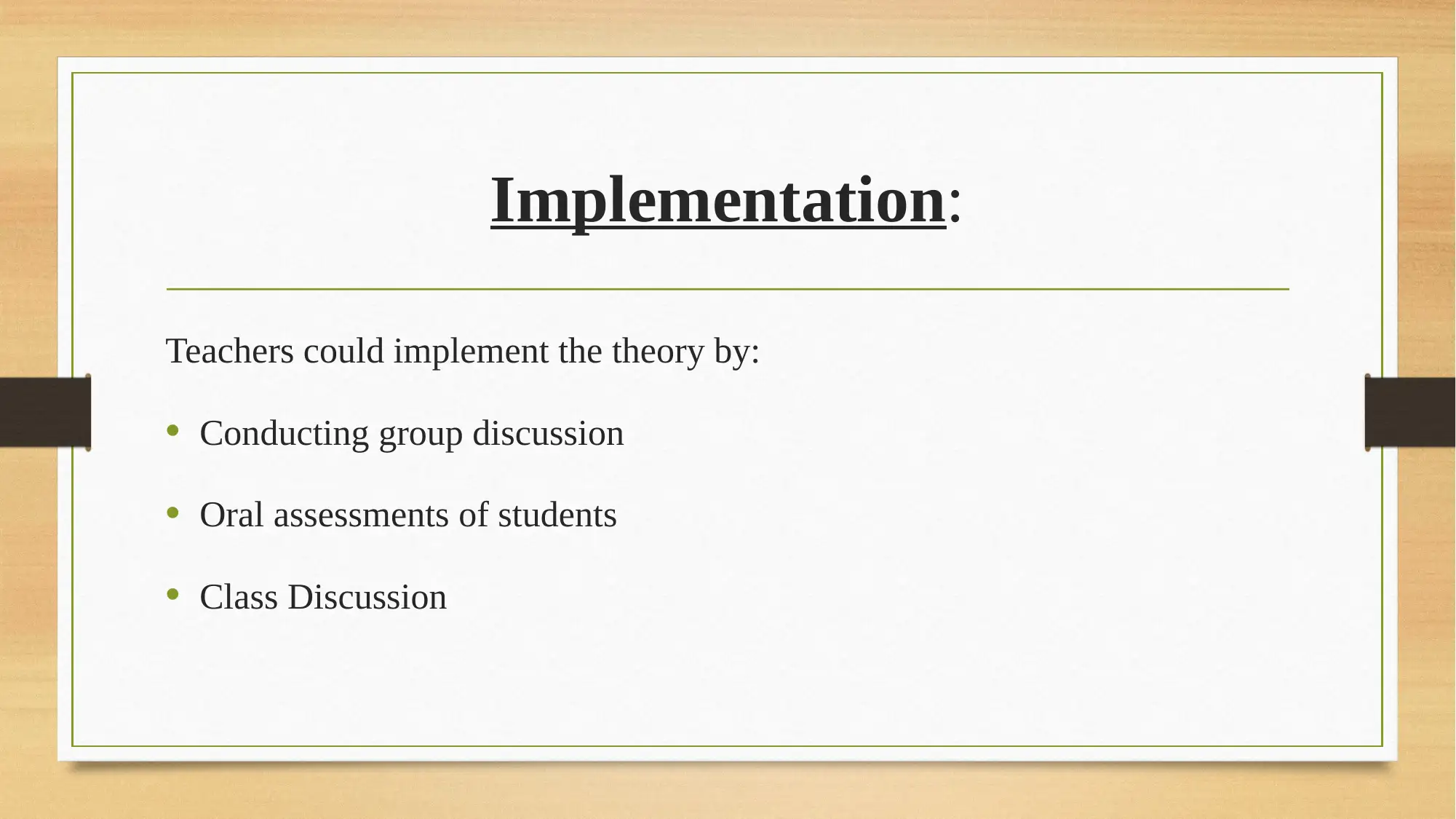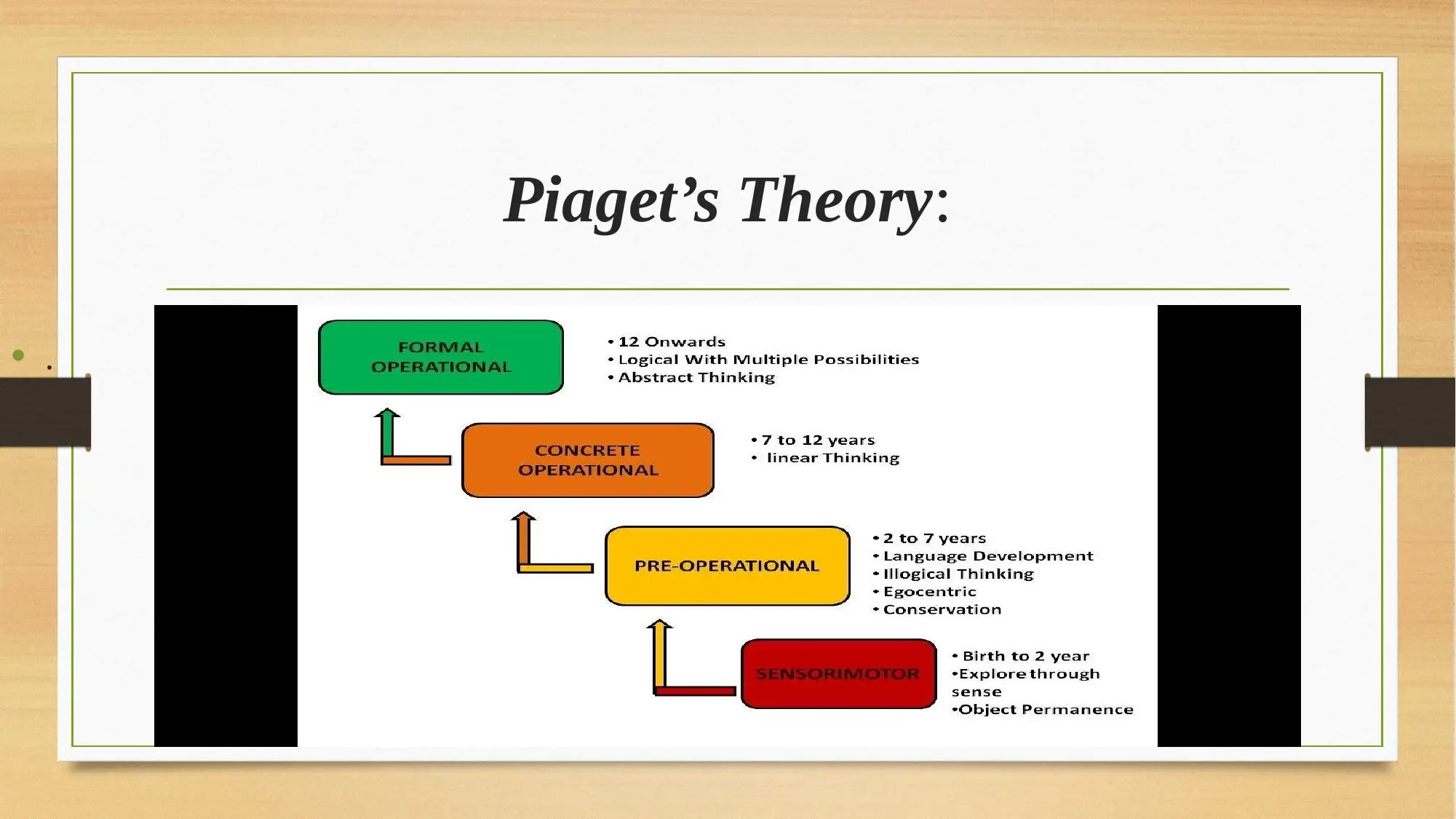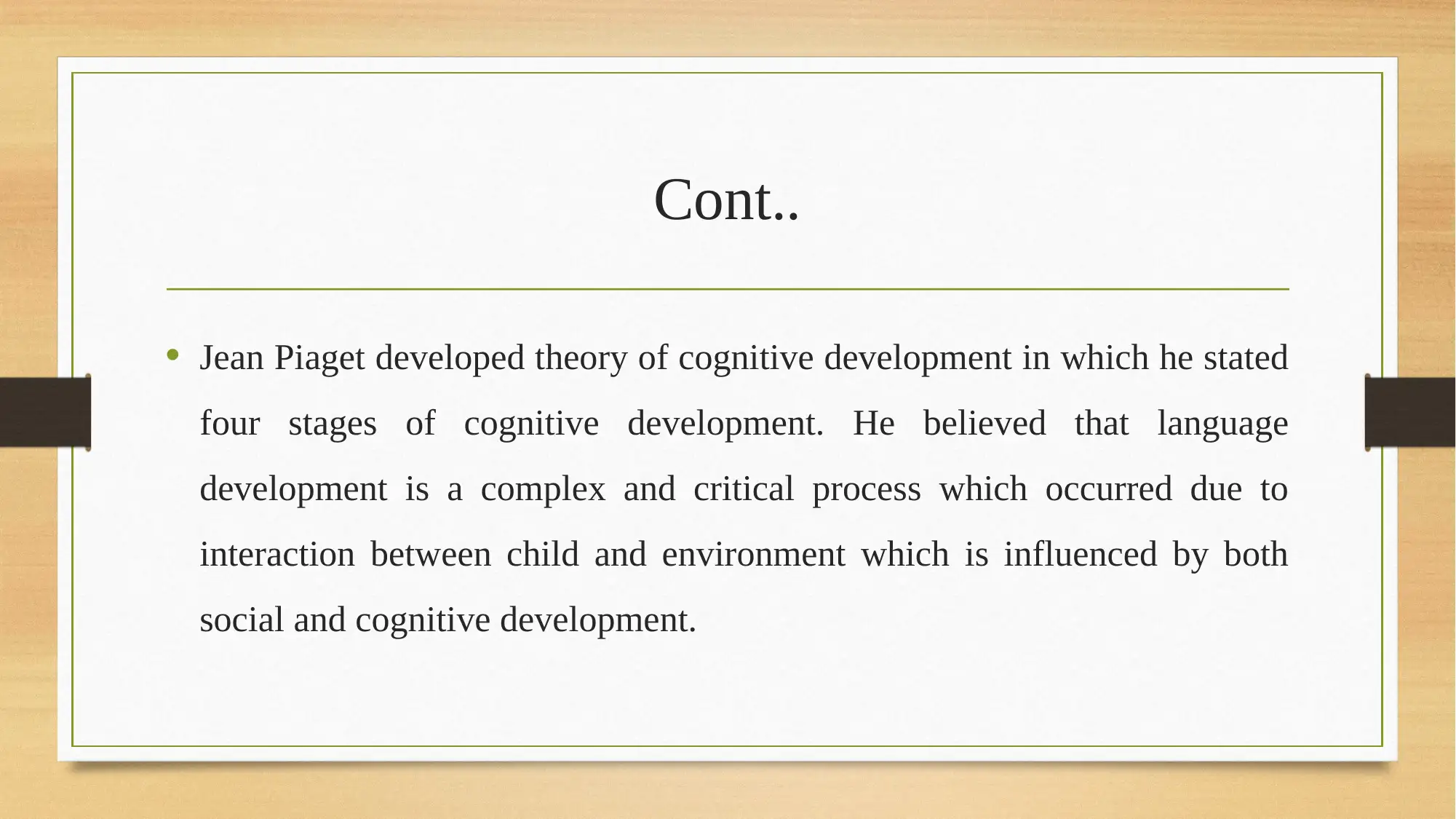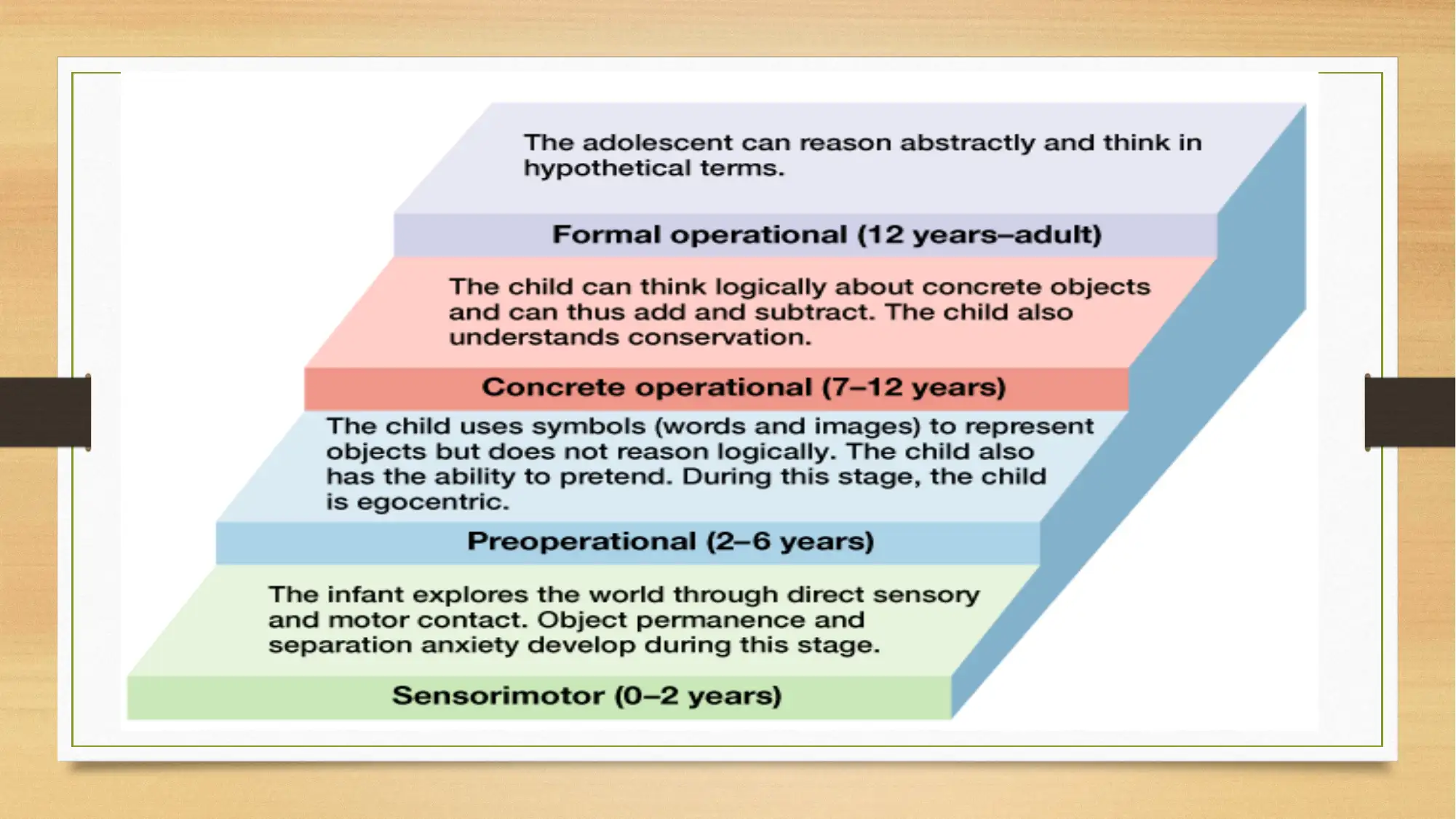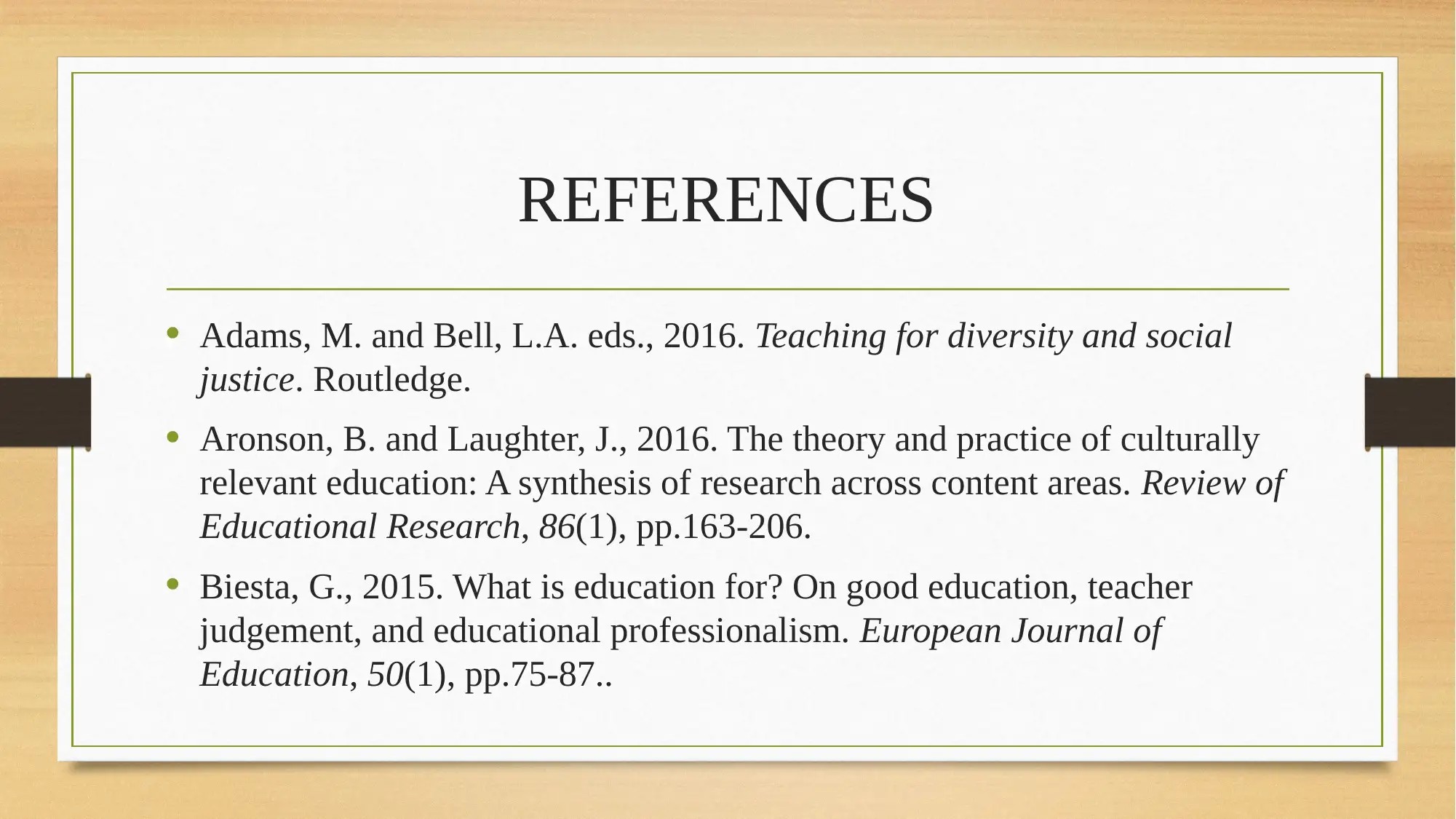Report on Theories, Principles and Models of Communication
VerifiedAdded on 2023/03/16
|12
|394
|29
Report
AI Summary
This report provides a comprehensive analysis of communication theories, specifically focusing on the application of these theories in teaching, learning, and assessment. The report delves into the theories of Piaget and Vygotsky, highlighting their significance in shaping effective communication strategies within educational settings. It explores how these theories, along with relevant principles and models, can be practically implemented to enhance the teaching process and improve student learning outcomes. The content includes discussions on how to foster social interaction, promote reflective practices, and adapt teaching methods to accommodate diverse learning preferences. The report emphasizes the importance of clear communication, the role of the teacher, and the overall impact on creating an inclusive and engaging learning environment. Additionally, the report considers how these theories can be used to evaluate the effectiveness of teaching methods and assessment strategies. Finally, the report addresses the importance of understanding and catering to individual learning preferences to ensure inclusive teaching practices.
1 out of 12
